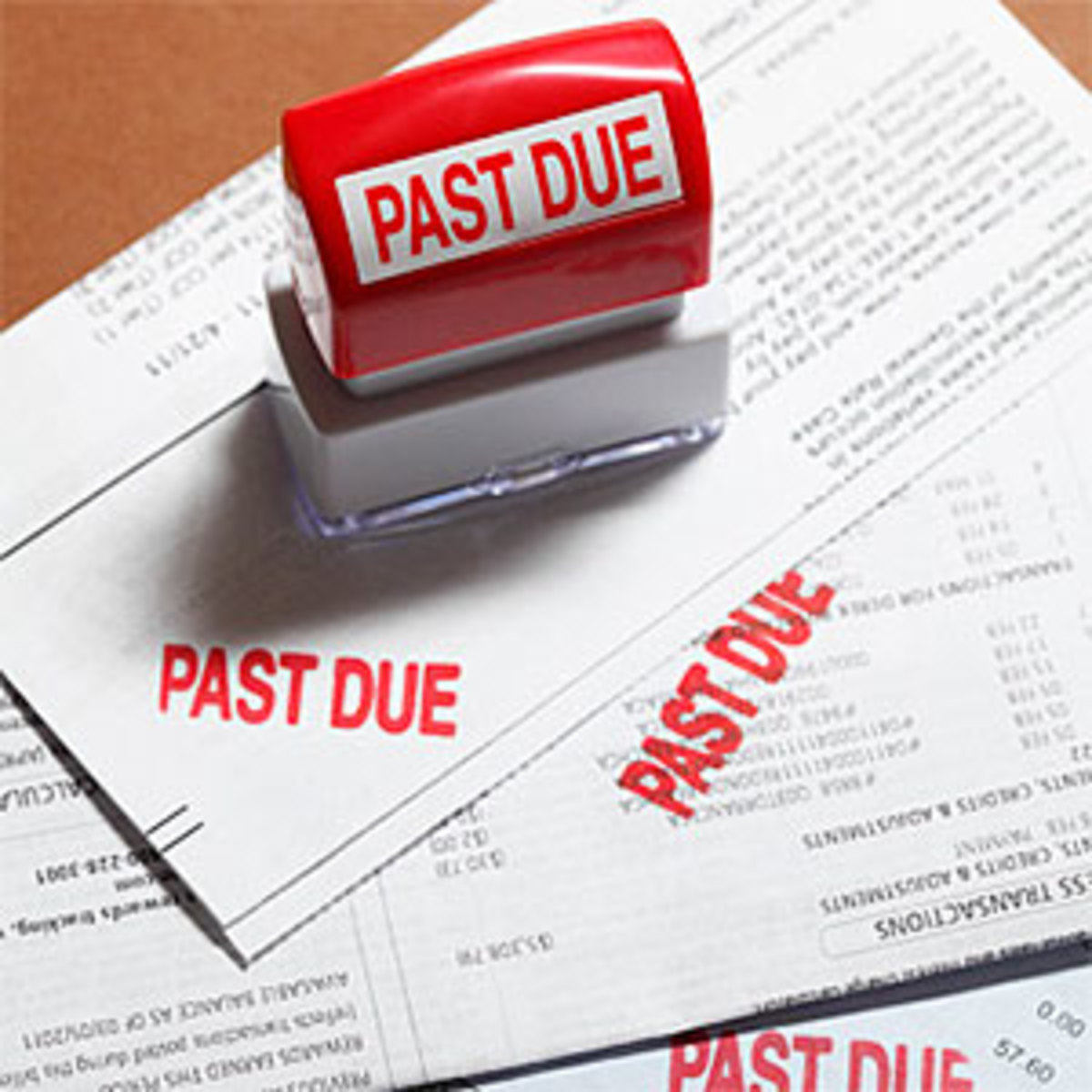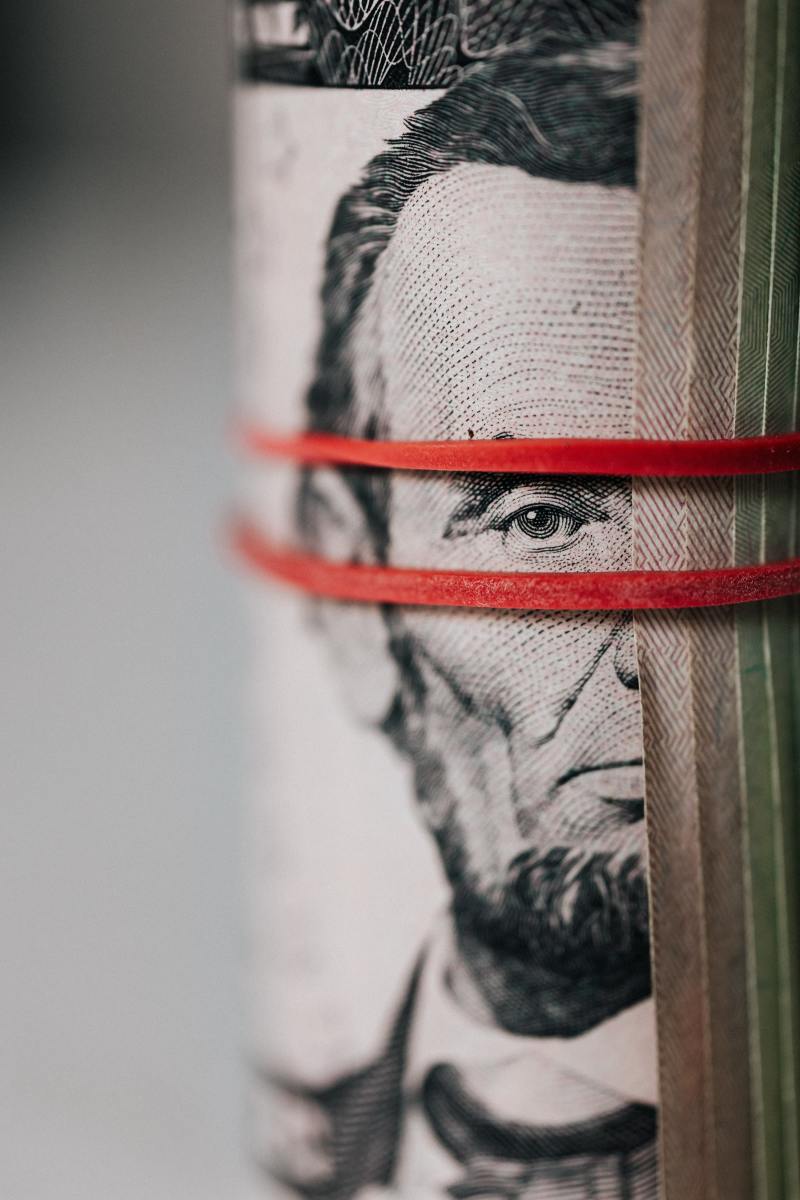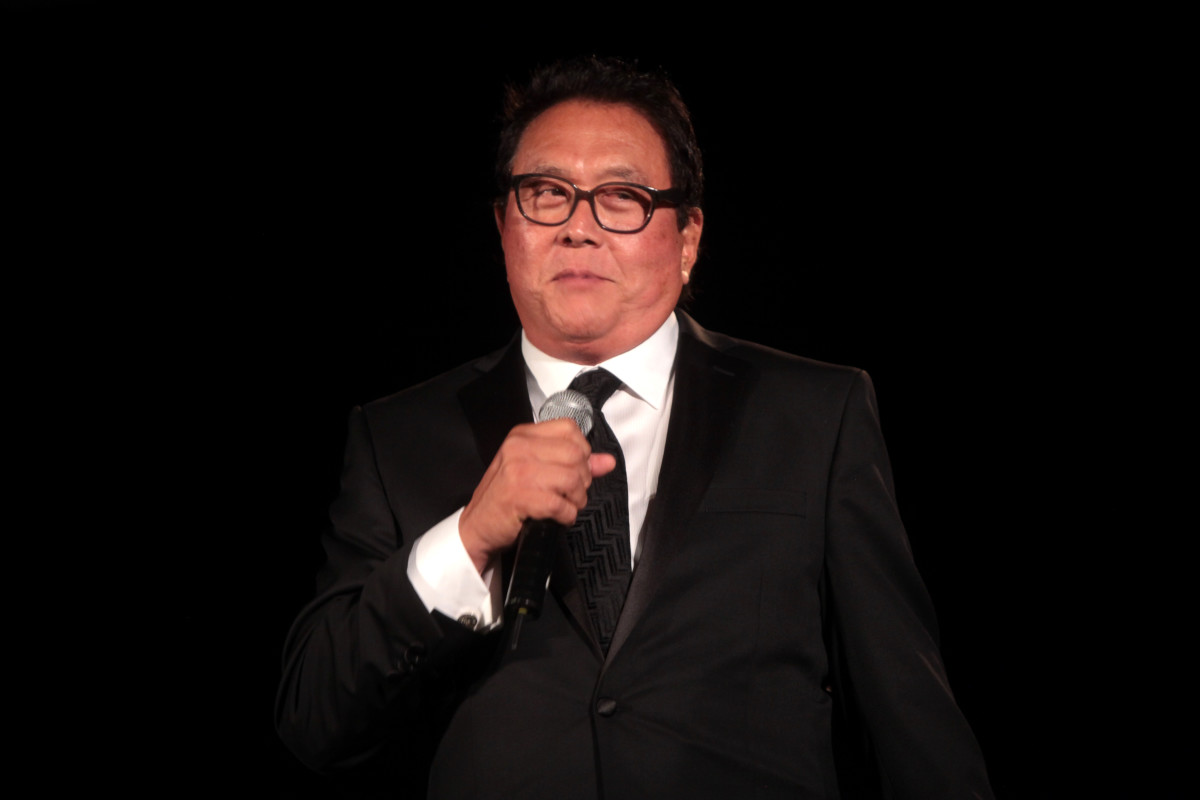How to Manage Finances: Liabilities and Assests
Liability or Asset?
Have you ever been told the statement that your house is your largest asset? If this is the case you are in a load of trouble. This is a common myth that has been plaguing people in the world for years. The problem is that the banks are telling them that their house is the largest asset, when in all reality, in most cases, it really is their largest liability!
You may be asking the question, "What is a liability and what is an asset?" It is actually a very easy answer. A liability is anything that takes money out of your pocket. An asset can be anything as long as it has value, produces income or appreciates, and has a ready market. Assets put money IN your pocket.. You must ask yourself the question, what are the liabilities in my life and what are the assets in my life?
Another way to look at assets is through the words, "cash flow." Does the money that is put in your real estate or property come back to you, or does it go to someone else? If it is going to someone else, it really is a liability. A true asset is money working for you rather than you working for money.
Since people often look at homes as assets they have misunderstood what an asset is. How does your home provide you money? Anything that has more value than it does debt is an asset. In most cases your home has more debt than it does profit! If you can not turn the debt to make money immediately, than it is 100% a liability. If the money goes in, and then out again, it is definitely not an asset! Instead of putting money in your pocket it takes it out of your pocket.
If you do not own your home, then it is the banks asset and not your own asset. It is your money working for them! It is giving them cash flow and not earning you anything.
Liabilities and Assets
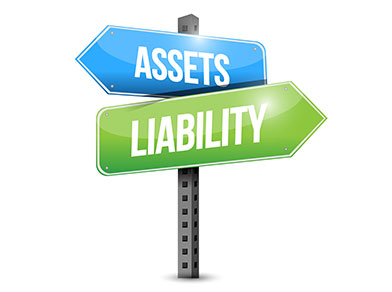
Myths of Assets
Here are a few things people often think are assets, but often are liabilities.
- Real estate- as mentioned in the above paragraph
- Cars and other motor vehicles- Most vehicles depreciate 11% the moment they drive off of the lot. That means that if you purchase a $20,000 vehicle, it will lose as much as $2,200 in value just by the simple act of your driving it home.(Feb 14, 2014)
- Life insurance -Because term life insurance does not have a cash value, it is not recognized as an asset during an application for MA. Whole life insurance, also referred to as permanent life insurance, universal life insurance, and/or variable life insurance, combines the insurance coverage with an investment or cash value.
Each of these are typically labeled by your banker as assets, but as soon as you want to pull out a loan for your next house, car, or toy, the banker immediately says that you have too much debt to income ratio, because your "assets" are really liabilities!
Truthfully the reason for falling in this trap is a lack of education. We do not understand how money works! It is not a priority and we think that we know how to handle money, so we buy in to things that we think are good investments, but really are just good liabilities!
Your House is an Liability
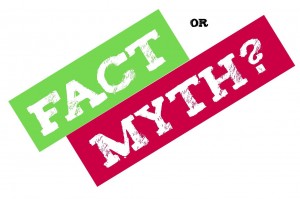
Lack of Education
I think it is really sad that a high school student or a college graduate does not know how to handle money! Then when they get into the real world, they get a real fast,ugly financial education.
The problem is when it comes to finances they ask the people they know close to them. Usually they ask their mom and dad. The only problem is that their mom and dad are in just as much financial trouble as anyone else is! They are living paycheck to pay check because they were deceived into thinking that their liabilities were assets!
I think it should be mandatory for every high school and college student to go through financial education. They should learn how money works, how to leverage good debt, and how to avoid bad debt.
Their education of finances comes through trial and error. Just making a budget does not cut the mustard, because there is no education of how money actually works! If you designate $250 towards groceries, $200 towards utilities, and $1100 towards your mortgage, and the rest towards fun, you have not solved anything! What you have reasoned is that you have a little money to play with, but you are investing in your "asset", which is your home.
That play money should be used for investing and learning how money works! But instead we go invest in more bad debt with the latest and greatest toys that come to the market. We get ourselves in HUGE financial trouble! And we have very little to show for it!
The problem is that we get to retirement age, and we wonder what happened to all of the "investing" that we made in the once assumed assets, now turned liabilities! Rather than invest for appreciation, invest for cash flow and treat appreciation like the cream filling. I encourage you to do the same.
You need assets to offset your liabilities!
Financial Education

Turning Liabilities into Assets
If you have liabilities, which most likely you do, turn those liabilities into assets. Obviously you are not able to do this with all your liabilities! With the liabilities you cannot turn into assets, you need to pay them off quickly or get rid of them.
The question you need to figure out is, how can I get this liability to start putting money in my pocket instead of taking it out of my pocket? Here is a thought, if you can rent it and make money for it, you can turn it into a asset! You may have to have some outside of the box thinking but, with a little effort you can change many things in your finances!
When we turn liabilities into assets, we can often establish passive or residual income. The idea is to put effort into something once, for it to continually pay you back. Kiyosaki gives the definition of wealth as “Wealth is the number of days you can survive
without working while also maintaining your lifestyle.” If you have passive income, there will be more pay days then there will be life days! Passive income keeps paying whether you are living or not! What this means is you have created residual income sources that continue to pay you after the work is done. You’ve accumulated assets that give you a steady paycheck whether you’re working or not.
Residual Income

Leveraging Debt
Just as you turn liabilities into assets, you need to turn your mindset around with debt. Not all debt is bad debt. There are good debts and these usually are centered on your assets. When banks see that you have a positive cash flow from your legitimate assets, they are more likely willing to throw their money at you.
The definition of leveraging is to use borrowed capital for (an investment), expecting the profits made to be greater than the interest payable.
This is called using other people's money (OPM). Typically when pulling out loans we have to use our own money! However, when we have a positive cash flow, because we have turned our liabilities into assets, you can change the way your financial behavior is. Instead of working for money, it will work for you!
You can do this with loans, you can do this with equity lines, and you can even do this with credit cards. But as always, if you are not disciplined or financially educated this can cause you a world of hurt financially. It is important again for you to know how money works!
If I take my house and use the equity in it, I could pull out a loan for another investment property. This investment property can then be used to rent out on a monthly basis to other people. This is a great opportunity to then cash out on residual income. But because I used the equity, I am therefore using the banks money to make money work for me! When you do this enough times, eventually your homes will be paid off, because you used the money that the banks originally loaned you. The beautiful thing is that your renters paid everything for you!
It is important that in order to leverage money properly, you need to make sure all of your basis are covered. If you are investing in real estate, not only should the renters pay for the mortgage, but do not forget the PMI, other Insurances, property taxes, HOA, escrow, etc. Often this is where real estate investors get messed up financially because they only look at the mortgage payment and not all of the other taxes and fees that are also part of owning real estate.
If being diligent in your investments, even when economy is down, the real estate market can still be advantageous. You can leverage your income in multiple different avenues. After doing it enough times, and doing it right, the banks will be much easier through the loan process. Proper behavior becomes a golden opportunity in investing.
Leveraging Debt
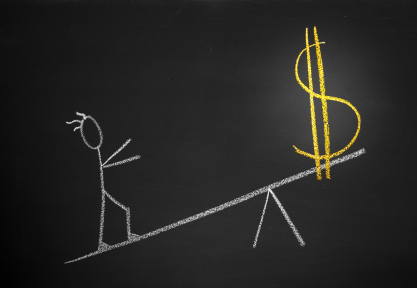
Retrain Your Thinking
Often people are stuck with the same education about finances that they have been taught to by their parents and peers. The only problem is that their parents are peers are often just as broke as they are. It is important to get the proper education on how to handle finances and how money works. I highly recommend that you read the material below.
 Rich Dad, Poor Dad
Rich Dad, Poor Dad
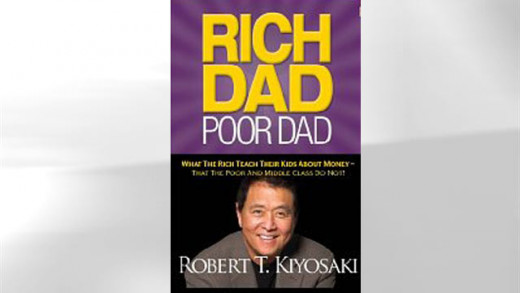
Real estate investing, even on a very small scale, remains a tried and true means of building an individual's cash flow and wealth.
Robert Kiyosaki
The Power of Assets
If you truly can categorize your assets and liabilities properly, it will change the way you make money. It is you taking care of your money rather than letting someone else manage your money. When we understand how money works, we will not want the bank to handle our money.
As you turn your liabilities into assets, you will find there is a great power to your assets! Those assets can very quickly turn into your retirement. The wonderful thing about it, everyone else is paying for you to retire!


